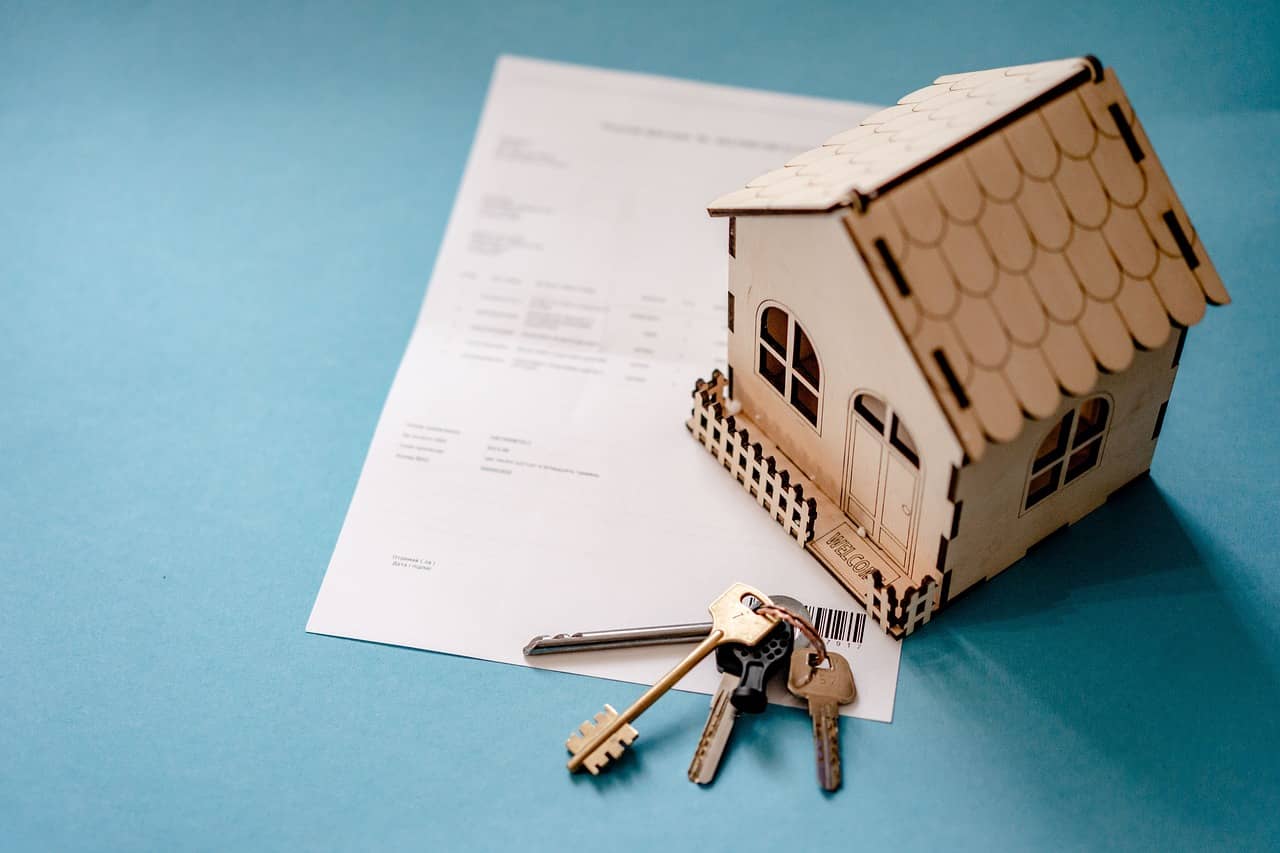Embarking on the journey towards homeownership is an exciting and substantial undertaking requiring careful planning and due diligence. The process is complex, filled with financial considerations, market research, and numerous decisions. This comprehensive guide sheds light on each critical juncture in acquiring your home. By understanding the latest trends and the steps involved, you can position yourself to make decisions that will lead to a satisfying purchase.

The real estate landscape has witnessed significant changes over the past decades, partly influenced by technological advancements and economic shifts. Factors such as market volatility, interest rates, and consumer behaviors play a pivotal role in the dynamics of home buying. Given this intricate backdrop, trusted allies in the real estate space, such as New Home Star, are invaluable assets in navigating the process. These experts provide insight and support to ensure a smooth transition from prospective buyer to homeowner. Moreover, understanding the steps and potential obstacles along this journey empowers you to move forward confidently.
Understanding the Home-Buying Landscape
In the dynamic world of real estate, staying informed on the most recent developments is indispensable. Knowledge of market fluctuations, the balance of supply and demand, and the general economic climate can drastically affect your buying strategy. The real estate sector often reflects broader economic trends and can give insights into the right timing for purchase. For instance, knowing when the market favors buyers can impact your offer’s aggressiveness and negotiation approach. An exploration of homeownership trends shows the changing demographics of homeowners and highlights market dynamics, indicating a valuable set of observations for prospective buyers to consider.
Assessing Your Financial Readiness
One’s financial health is the cornerstone of the home-buying process. It influences everything from the kind of homes you can consider to the loan terms you will receive. A rigorous assessment includes:
- Evaluating savings for a down payment.
- Understanding the intricacies of your credit report.
- Estimating how a mortgage will fit into your lifestyle.
This step also involves familiarizing yourself with mortgage options, interest rates, and the potential for special homeowner programs that can assist in reducing the financial burden of a purchase. Getting your finances in order ensures you’re ready to act swiftly when finding your ideal home.
Finding the Right Location
When deciding where to lay down your roots, location is more than just a geographical consideration. It encompasses an array of elements that contribute to your quality of life. Proximity to job opportunities, schools, healthcare, and recreational facilities are all part of the equation. Additionally, each neighborhood has a unique character and sense of community – understanding this local fabric can be as essential as the structural integrity of your potential new home. These factors not only determine your daily living experience but also can have significant implications for the long-term value of your real estate investment.
Types of Homes: Which is Right for You?
Different home types cater to varied lifestyle needs and preferences. While single-family homes offer privacy and space, condominiums can provide a low-maintenance lifestyle with shared amenities. Townhouses, on the other hand, can offer a middle ground with multiple floors and shared walls. Additionally, the decision between new construction and existing homes is critical. New homes offer modern designs and energy efficiencies but may come with a premium price and longer wait times for completion. Older homes might have lower initial costs but could require more maintenance and renovation expenses over time.
Working with Real Estate Professionals
Real estate agents are more than just facilitators; they’re your advocates in the home-buying process. They offer local market knowledge that is pivotal in finding a home that fits your needs and negotiating the best possible terms. Furthermore, real estate professionals guide you through the labyrinth of paperwork, legalities, and logistical considerations intrinsic to real estate transactions. Selecting an agent you trust who understands your vision for homeownership is crucial in ensuring a smooth journey toward buying your home.
The Home Inspection and Appraisal Process
The objective perspective of a home inspection identifies any hidden problems that could cost you down the line. At the same time, an accurate appraisal ensures you’re investing an appropriate amount for the property. These assessments are vital in confirming the house’s condition and value. If any issues are uncovered during the inspection, you can request repairs or renegotiate the offer, potentially saving you from future headaches. The appraisal simultaneously acts as a safeguard, confirming the home is worth its selling price, which is especially important for securing financing from lenders.
Navigating the Mortgage Process
Mortgages vary widely, and understanding the array of options is crucial. You’ll want to consider term lengths, interest rates, and the distinctions between fixed and variable-rate mortgages. Specific mortgage products are better suited for different situations; what fits one buyer may not fit another. A pre-approval from a lender indicates to sellers that you are serious and have the backing to complete the transaction, providing you with leverage in negotiations. It’s also essential to comprehend the impact of mortgage insurance, potential points, and the long-term financial implications of your chosen mortgage arrangement.
Making an Offer and Closing
Making an offer requires a strategic balance, ensuring the bid is attractive to the seller without compromising your limits. Understanding how to structure contingencies, such as inspection outcomes, financing, and sale of current homes, is critical. When your offer is accepted, the closing process begins, involving a detailed review of contracts and dealing with a flurry of legal documentation. Closing costs should be noticed, including attorney fees, title searches, and insurance. Thorough preparation is needed to ensure no unwanted surprises when you reach the closing table.
Moving In: The Final Step in the Home Buying Journey
Finally, it’s time to settle into your new home after successfully navigating the purchase process. Moving can be daunting, requiring effective planning to transport your belongings safely and transition into your new environment. Once you move in, it is wise to prioritize any immediate repairs or improvements to make the space truly yours. Early maintenance can prevent more significant issues and protect your investment from the start. This phase is a celebratory moment, the actualization of your homeownership dreams, and marks the beginning of a new chapter.




